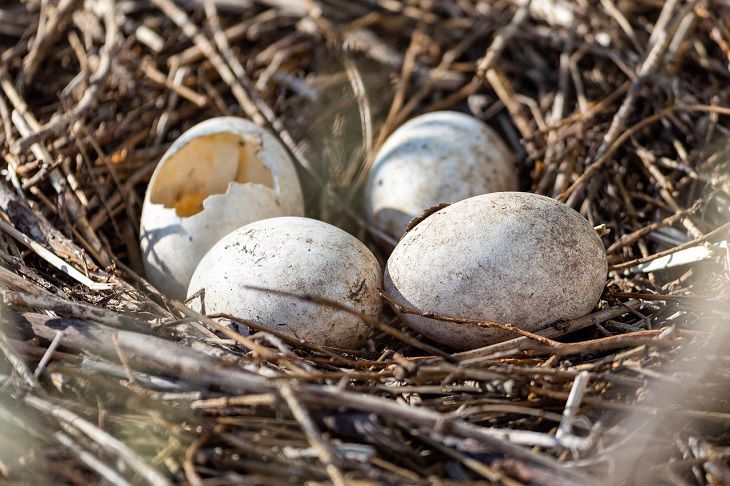Many small birds are starting to build their nests earlier in spring due to warmer weather caused by climate change.
However, this change brings a new problem, especially for baby birds: they face more extreme weather like sudden cold or heat.
These extremes make it harder for the baby birds to survive.

Studying nesting
Scientists studied this and found that when there are short periods of very cold or very hot weather, many bird nests fail.
They looked at 300,000 bird records from the NestWatch project between 1995 and 2020.
They found that 16 out of 24 bird species had fewer babies survive when it got very cold during nesting, and 11 out of 24 had fewer babies survive during heatwaves.
Birds that catch insects while flying (aerial insectivores) are most affected because cold snaps reduce the number of insects available for them to eat.
When it's too cold, adult birds might leave to find warmer places, leaving eggs and babies alone and exposed to the cold.
It's harder for baby birds
Baby birds are hit the hardest because they can't control their own body temperature and grow very fast in the first weeks of life.
If there are fewer insects because of the cold, the baby birds might not survive.
Even if they do, there could be long-term effects on their health.
The researchers also looked at 100 years of weather data and saw that it's getting warmer overall, even though there's no clear pattern in the timing of extreme weather.
This change in weather can have serious consequences for the health and survival of birds.












